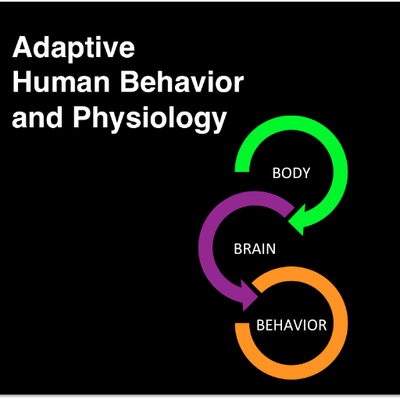Comments: It’s useful that the authors of this academic Comment opine that, “The Male Sedation Hypothesis suggests that [online] virtual experiences provide counterfeit fitness cues of sexual needs being met, and thus reduce the motivation for engaging in real-life mating effort as well as engaging in risky behaviors.”
But why don’t they point out that incels represent a tragic loss to society of male initiative and creativity, quite apart from the unacceptability of their widespread individual suffering (and the suffering of their potential mates)?
Nor is there evidence that inceldom reduces rape (as these authors seem to imply). Inceldom shrinks the pool of theoretical rapists, but most of those who commit rape were never going to become incels. Research shows that porn use makes sexual aggressors out of men who already have certain unsavory traits (see Malamuth’s research).
Adaptive Human Behavior and Physiology
Costello, W., Buss, D.M. https://doi.org/10.1007/s40750-023-00220-3 (2023)
Abstract
Incels (involuntary celibates) are an online subculture community of men who form an identity around their perceived inability to form sexual or romantic relationships. They attribute their lack of success to genetic factors, evolved mate preferences, and social inequities. While we have a deep ancestral history of incels, the modern incel community is an evolutionarily novel group that fosters a shared victimhood identity. We applaud Lindner for an important contribution to the scant literature on incels and highlight the importance of her evolutionary psychological lens in understanding their grievances. Our critique of Lindner’s work addresses two key issues. Firstly, we challenge the hypothesis that incels engage in simulated coalitional bargaining for sexual access. While coalitional bargaining for sexual access may have played a role in ancestral populations of involuntarily celibate men, this is not a suitable analysis of modern incels. Instead, the incel community operates as a fatalistic echo-chamber, where failure is celebrated, and individuals discourage each other from pursuing romantic success. Secondly, we critique the association between incels and violence. Contrary to common beliefs, empirical evidence suggests that incels are not particularly prone to violence. Incels’ propensity for violence appears relatively low compared to that of the general population. We conclude by offering one hypothesis as to why modern day incels are not as violent as we might expect. The Male Sedation Hypothesis, that online virtual worlds, such as pornography, may pacify the potential for violence among sexless young men, providing a counterfeit sense of sexual fulfillment and reducing motivation for real-life mate competition.
